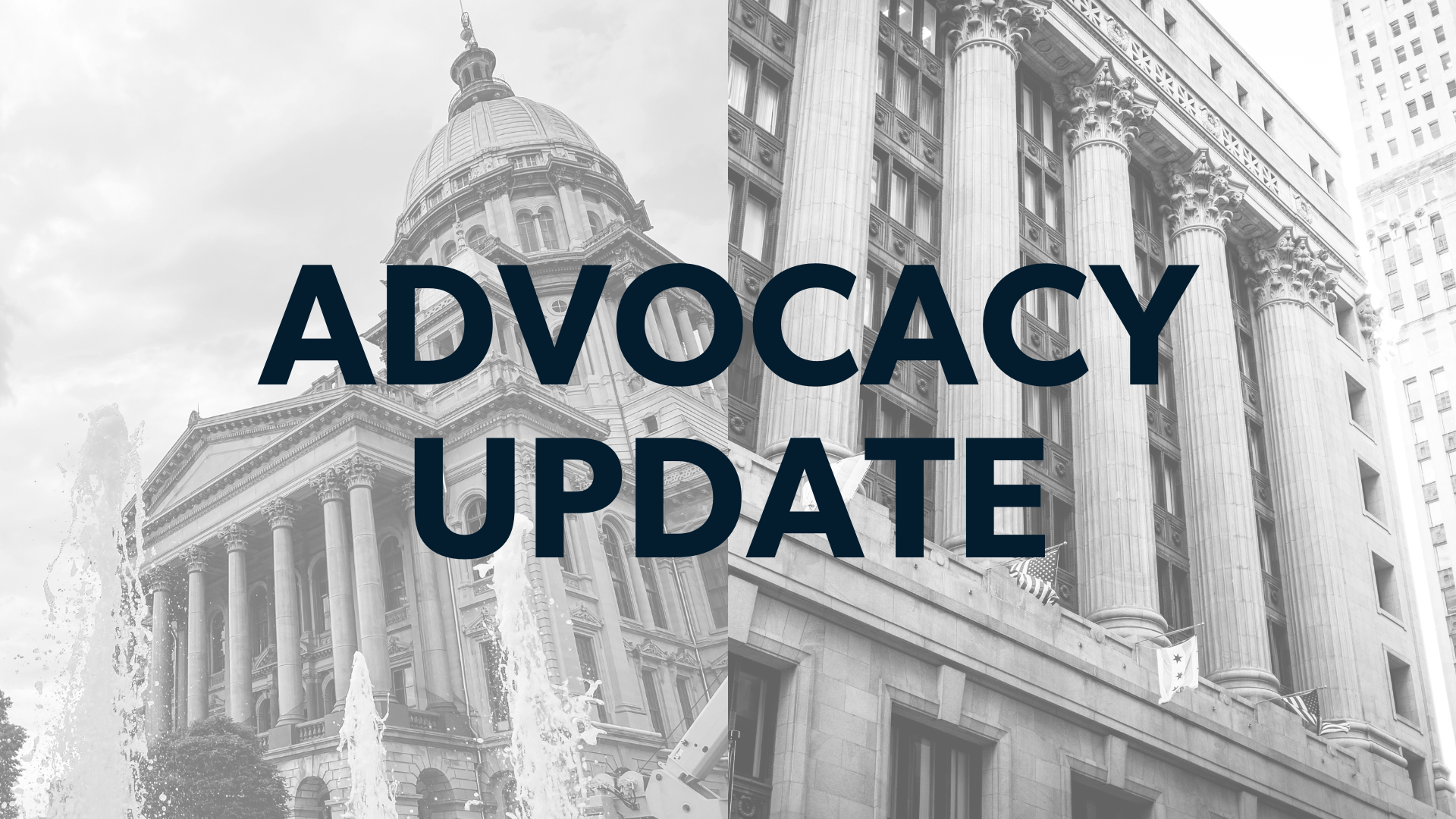ACCESSORY DWELLING UNITS ORDINANCE NOW LIVE
The Accessory Dwelling Unit (ADU) Ordinance went live on May 1. The ADU implementation initially has five pilot zones, but this number is expected to grow. If you are interested in building an ADU outside of the pilot zones, you can consult the Department of Buildings for a zoning variance.
CAR hosted a webinar about the ADU ordinance — if you’re interested, be sure to catch that event playback here!
NEW AFFORDABLE REQUIREMENTS ORDINANCE ON THE TABLE
The city broke their pledge to debate revisions to the Affordable Requirement Ordinance (ARO) legislation in full and not in pieces. In February, we were successful in delaying a provision which renews the 30-year ownership period for ARO units every time there is a transaction. However, the legislation passed the following month, and then the city introduced the more comprehensive ARO rewrite. Both the Chairman of the City Council’s Housing & Real Estate Committee and the Commissioner of the Department of Housing made it clear that their goal is to pass this legislation, which includes the following:
- Increase in the onsite requirement from 10% to 20%.
- The onsite requirements seek a balance of affordable housing participants based on Area Median Income (AMI). Prior to this rewrite, only participants with 60% AMI or lower were sought. Now, the city is actively seeking participants with 30% AMI or more based on the average AMI of all participants, so the city may offer more concessions.
- Rental units built downtown must include a minimum of 10% onsite. If the other required 10% is satisfied via the in-lieu fee, that amount can be as much as $375,878.
- Off-site linked developments must have a minimum of two bedrooms.
- We are concerned that the rewritten ARO may disincentivize building. The measure passed out of City Council and more rules are expected. Stay tuned to ChicagoREALTOR.com for more updates.
LANGUAGE CHANGES TO SCOFFLAW LIST ORDINANCE
The mayor’s office introduced an ordinance to the Committee on Zoning, Buildings and Landmarks. The ordinance makes language changes to the “scofflaw list and associated restrictions.” The term “problem landlord” was struck throughout the ordinance, but the term “scofflaw” remains. The proposal also restricts the issuance of permits to owners while deemed a scofflaw. Additionally, the ordinance clearly identifies what it means to have 25% ownership or more in a property; those with an ownership interest greater than 25% are also barred from receiving permits and licenses until the scofflaw matter is rectified. The matter passed out of City Council.
PRO-REALTOR® RESIDENTIAL LANDLORD TENANT ORDINANCE AMENDMENTS INTRODUCED
In good news, REALTOR® champion Alderman Brian Hopkins introduced a pro-landlord Residential Landlord Tenant Ordinance (RLTO) Amendment with a cure period for landlords to correct simple mistakes. The amendment would allow judges to have judicial discretion by changing the penalty language from “shall” to “may.” It also introduces modernization language, which would allow housing providers to distribute the lease and addendums, such as radon, bed bugs, lead paint and more, via email. We strongly support this matter.
When pro-landlord matters are introduced, the city typically seeks a slow and steady pace, and the Chairman of Housing believes the matter needs further review. We will continue to monitor, interject and defend private property rights whenever local government attempts to restrict those rights.
COOK COUNTY RTLO EFFECTIVE AS OF JUNE 1
Any Chicago REALTOR® working in the suburbs on residential rentals must be aware of the new Cook County Residential Tenant and Landlord Ordinance (RTLO), effective on June 1. Any lease signed after the effective date must be in compliance with the new law.
Fortunately, as a Chicago REALTOR®, you are likely familiar with Chicago’s Residential Landlord and Tenant Ordinance (RLTO); the county copied many of its provisions. Keep in mind: there are some differences between the Cook County and city law, although nothing will change for Chicago’s RLTO.
- The county law only applies if you are working in the suburbs where some form of regulation between the landlord-tenant relationship does not exist.
- Evanston and Mount Prospect are jurisdictions that specifically regulate the relationship, so no changes are applicable to those communities, along with Chicago.
- For most other municipalities, changes will apply to residential leases.
Resources are available through both CAR and the Illinois REALTORS® if you need additional guidance.
CHICAGO PROPERTY REASSESSMENTS UNDERWAY
You may have received your new property valuation statement from the Cook County Assessor’s Office. If for any reason you find an error on this document, make sure you file an appeal as soon as possible! Typically, an owner has 30 days to file an appeal with the Assessor’s office to correct any information, but each township is released at different time periods this year. Of course, appeals may continue with the Board of Review, but it is best to correct errors as soon as possible. These dates are available on the Assessor’s website.
BUDGET FORECASTS TO BEGIN THIS SUMMER
This summer, expect to hear discussions around budgets. While it is early, we will get a sense of whether our local governments are beginning to recover from the pandemic, after a year of businesses being shut down or operating with limited capacity. Budget talks are important to follow because property taxes are always seen as a reliable stream of revenue.
IL EVICTION MORATORIUM TO END IN AUGUST
Governor Pritzker has announced that the Illinois Eviction Moratorium will begin to slowly phase out over the summer and end in August. $1.5 billion in aid will be made available for renters impacted by COVID-19. The funding is anticipated to help around 120,000 tenants; tenants must apply themselves, and the grant will be paid directly to their landlord to cover unpaid rent. Applicants are eligible for up to $25,000, covering a maximum of 15 months of assistance. Priority will be given to households with incomes less than 50% of the area median income and households where one or more members have been unemployed for at least 90 days.
For more information, please visit ChicagoREALTOR.com/advocacy.
YOUR ATTENDANCE MATTERED: ILLINOIS REALTORS® ADVOCACY MONTH
Thank you for all the effort you put forth during the Illinois REALTORS® advocacy month in April. We were proud to show our key legislative leaders our strength through numbers — CAR even had an exclusive mention as one of “Chicago’s Best Place to Work” by Illinois’ new Speaker of the House Chris Welch.
During these Lobby Day webinars, the Illinois REALTORS® were closely monitoring over thirty pieces of legislation that would have a direct impact to the real estate markets in our communities. Rent control, a thorn in our side for many years, remains top of mind; we will continue fighting this battle every other year. Tenant advocates are well intentioned but short-sighted when it comes to the true long term negative impacts of rent control on the housing market.
HOUSE BILL 116 REGARDING RENT CONTROL FAILS TO PASS HOUSE
House Bill 116 regarding lifting the rent control ban failed to advance out of the House at the end of April; it was reassigned to the Rules Committee where it will be closely monitored for any movement. We remained steadfast in opposition should it pick up steam at any point before the legislature adjourns. For more in-depth issue analysis and ongoing updates, please visit ChicagoREALTOR.com/advocacy.







